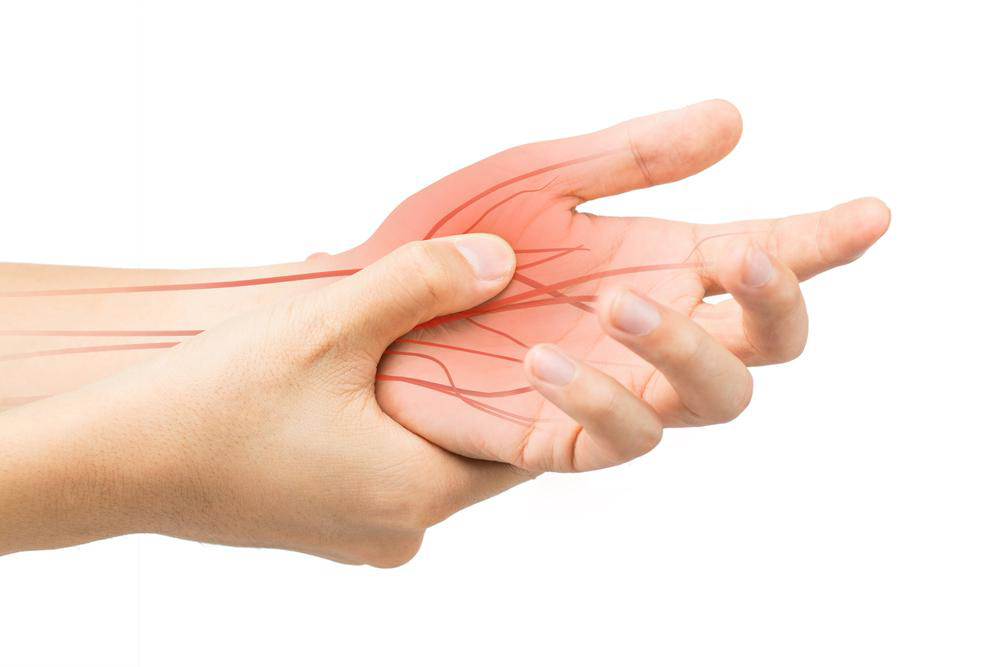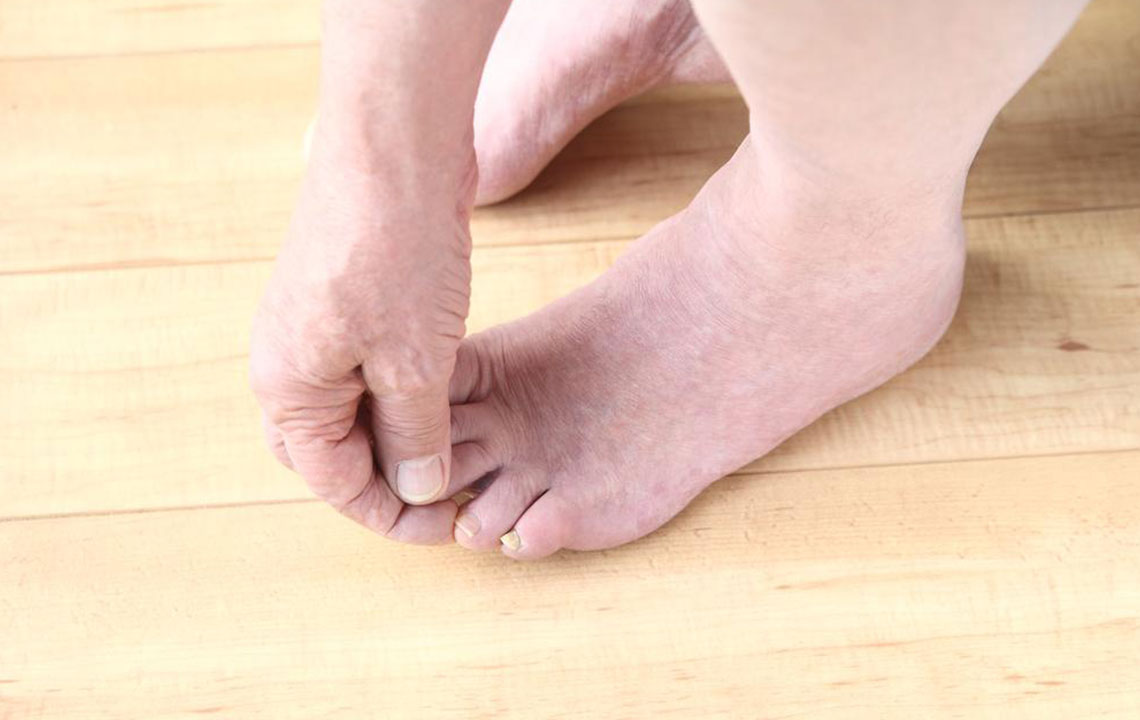Comprehensive Approaches to Alleviating Headache Pain and Enhancing Wellbeing
This comprehensive guide explores effective strategies for headache relief, combining medication options, lifestyle habits, natural remedies, and preventive measures. It emphasizes personalized approaches to managing headaches, promoting overall health, and reducing dependence on medication. Ideal for anyone seeking long-term solutions to headache pain, this article provides practical tips backed by evidence-based practices to improve daily quality of life.

Comprehensive Approaches to Alleviating Headache Pain and Enhancing Wellbeing
Headaches represent one of the most common neurological discomforts experienced worldwide, affecting millions of individuals across various age groups and lifestyles. While headaches may seem minor to some, persistent or severe episodes can significantly impair daily functioning, diminish productivity, and decrease overall quality of life. Understanding effective strategies to prevent and alleviate headache pain is essential for maintaining optimal health and wellbeing.
Many people resort to over-the-counter medications to manage headache symptoms, but a holistic approach incorporating lifestyle modifications, dietary adjustments, and natural remedies can often provide significant relief. Employing these methods not only reduces dependence on pharmaceutical solutions but also promotes a healthier, more balanced lifestyle.
Below, we explore comprehensive, evidence-based strategies that can help individuals manage headache pain more effectively. These methods are especially useful for mild to moderate headaches and can be integrated into daily routines for long-term benefits.
Effective Medical Interventions for Headache Relief
When headaches become intense or recurrent, medical intervention may be necessary. Over-the-counter (OTC) medications like ibuprofen, aspirin, or naproxen are among the most common options, offering quick and effective symptom relief. These non-prescription drugs work by reducing inflammation, relieving muscle tension, and blocking pain signals to the brain.
Healthcare professionals might recommend combination medications combining substances such as aspirin, caffeine, or acetaminophen. For example, some formulations use caffeine to enhance pain relief by constricting blood vessels and increasing the effectiveness of analgesics. However, it is crucial to use these medications responsibly, adhering to recommended dosages and avoiding prolonged or excessive use, which can lead to dependency or rebound headaches.
In some cases, prescription medications may be necessary, especially for chronic or severe headaches, including migraines. These can include triptans, ergot derivatives, or preventive drugs like beta-blockers and anticonvulsants. Consulting a healthcare professional for proper diagnosis and tailored treatment plans is essential to address underlying causes and develop an effective management strategy.
Holistic Lifestyle and Behavioral Strategies
Beyond medications, adopting healthy lifestyle habits plays a pivotal role in reducing headache frequency and severity. Simple behavioral modifications can be highly effective and are often recommended as first-line interventions.
Resting Eyes and Proper Screen Hygiene: Extended exposure to screens can strain eye muscles and trigger headaches. Regular breaks following the 20-20-20 rule—looking at something 20 feet away for 20 seconds every 20 minutes—can significantly reduce eye strain.
Targeted Massage and Warmth Application: Gentle massage of the temples, neck, and shoulders can relieve muscle tension contributing to headache pain. Applying warm compresses to the neck or forehead can also promote blood flow and relax tense muscles.
Stress Management Techniques: Chronic stress is a common trigger for headaches. Incorporating relaxation methods such as deep breathing, meditation, yoga, or progressive muscle relaxation can help manage stress levels effectively.
Healthy Diet and Adequate Hydration: Consuming a balanced diet rich in fruits, vegetables, whole grains, and lean proteins supports overall health. Staying well-hydrated by drinking plenty of water throughout the day can prevent dehydration-induced headaches.
Sleep Hygiene: Maintaining a consistent sleep schedule and ensuring restful sleep can prevent headaches caused by fatigue or poor sleep quality. Avoiding caffeine, heavy meals, or screen exposure close to bedtime is also beneficial.
Natural and Herbal Remedies
Many individuals turn to natural remedies to manage headache symptoms without relying solely on pharmaceutical products. Several herbs and natural ingredients have shown promise in reducing headache intensity and frequency.
Ginger: Known for its anti-inflammatory properties, ginger can help alleviate headache pain. It can be consumed fresh, in tea, or as supplements.
Cinnamon and Basil: These herbs possess calming effects and can be brewed into teas or included in meals to support neurological health.
Essential Oils: Aromatherapy using peppermint or lavender oils can provide quick relief when applied topically to the temples or inhaled through diffusers.
While natural remedies can be beneficial, it is important to consult healthcare providers before starting any new herbal treatments, especially for pregnant women or individuals with existing health conditions.
Preventive Measures and Long-term Wellness
Preventing headaches is often more effective than treating symptoms after they arise. Lifestyle habits such as regular exercise, maintaining a balanced diet, reducing caffeine and alcohol intake, and managing stress can substantially lower the frequency of headaches.
Keeping a headache diary can help identify personal triggers, whether they are certain foods, environmental factors, or hormonal changes. Avoiding known triggers and adhering to a consistent daily routine can greatly reduce the likelihood of headache episodes.
In addition, staying updated with medical check-ups ensures that underlying health issues, such as hypertension or neurological conditions, are diagnosed and managed appropriately. Educating oneself about headache types and triggers empowers individuals to take proactive steps towards prevention and better management.
The Importance of a Personalized Approach
Every individual’s experience with headaches is unique. What works for one person may not be effective for another. Therefore, adopting a personalized approach—combining medication, lifestyle modifications, natural remedies, and medical guidance—is essential for effective headache management.
Seeking advice from healthcare professionals, keeping detailed symptom logs, and being open to adjusting treatment plans over time can enhance wellbeing and reduce the frequency and severity of headaches.
In conclusion, managing headaches involves a comprehensive, multi-faceted strategy that encompasses medical intervention, lifestyle adjustments, dietary habits, stress management, and natural remedies. Proactive prevention and personalized care can lead to a significant improvement in quality of life, allowing individuals to live healthily and productively without the constant burden of headache pain.





